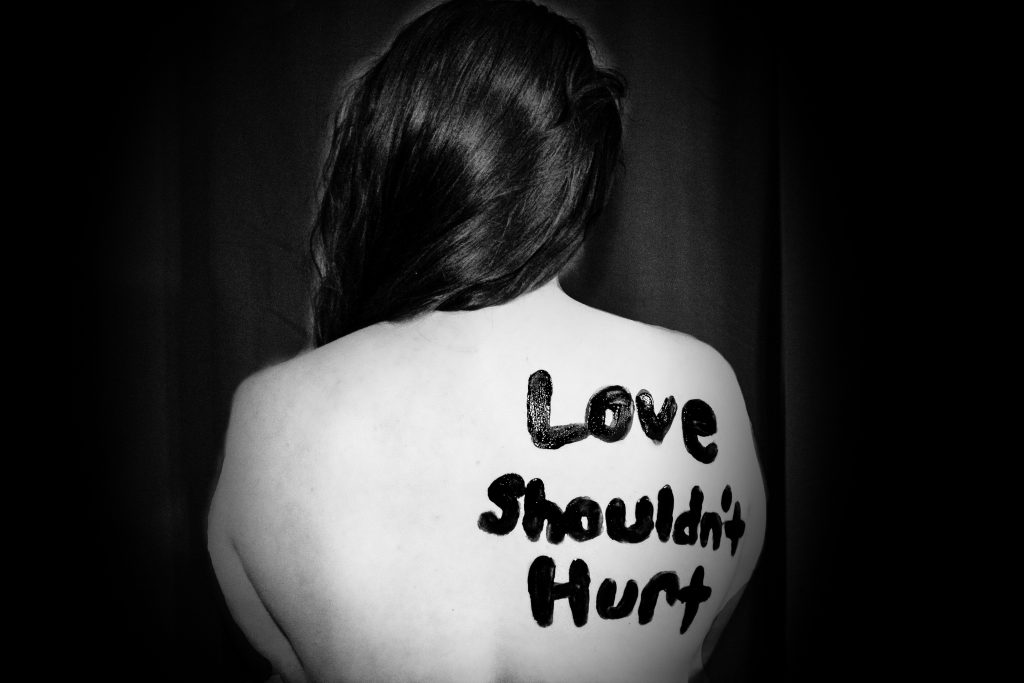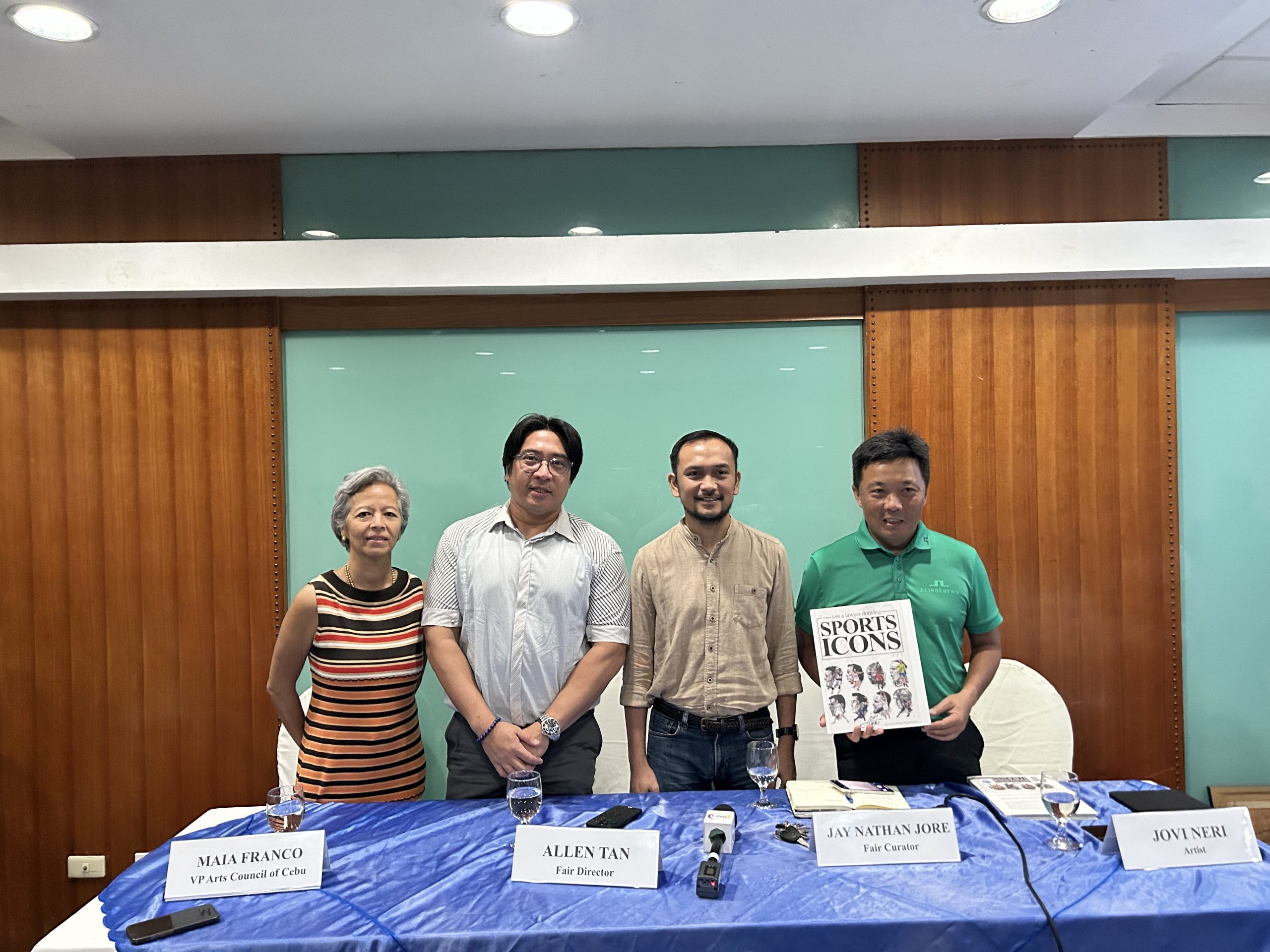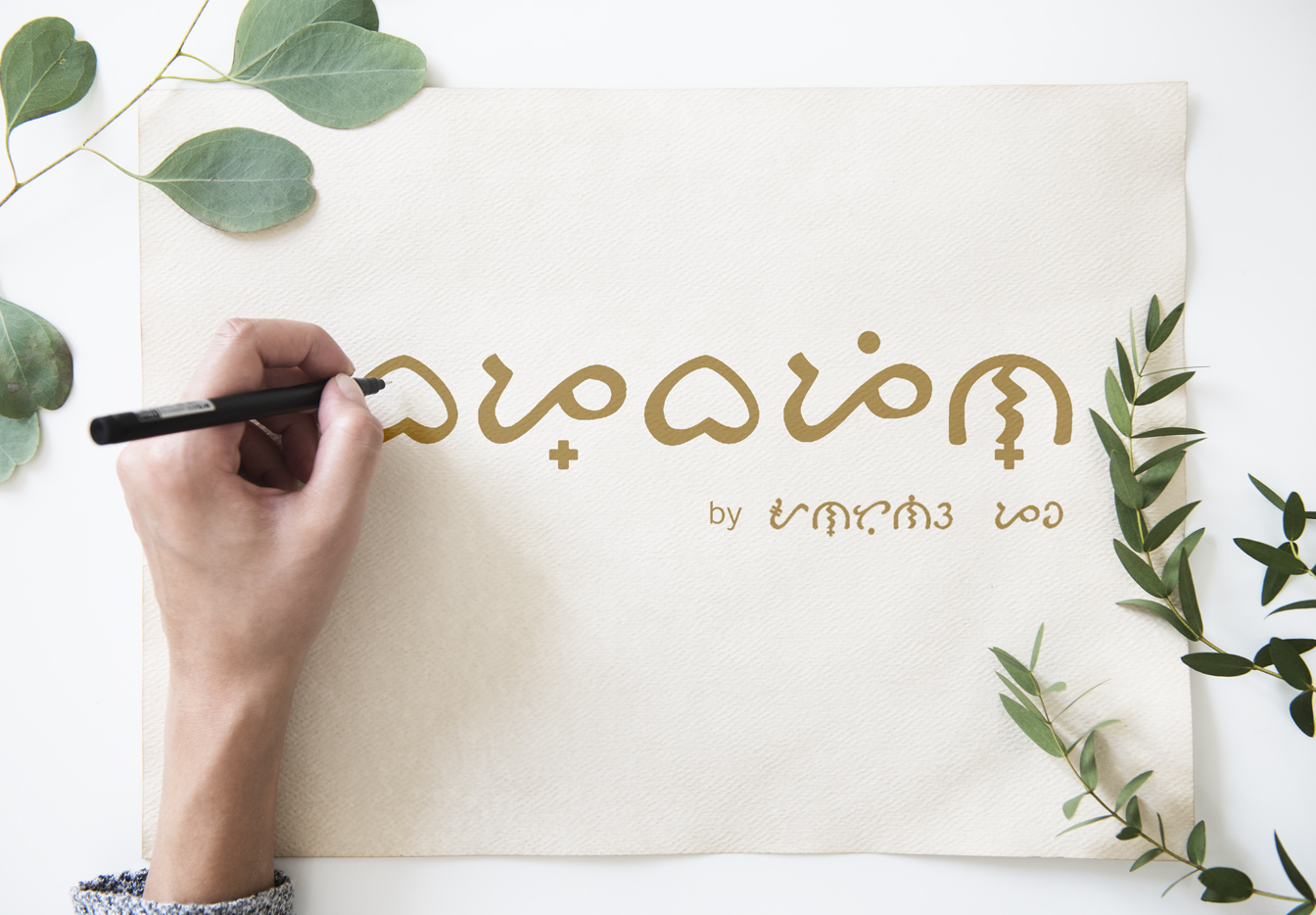The contents of this article do not constitute legal advice and are not intended to be a substitute for legal advice. You should seek legal advice or other professional advice in relation to any particular matters you may have.
There is something isolating about being in an abusive relationship. Not only does it make one feel isolated and detached from family and friends, it also triggers a feeling of disconnect from one’s self. Abuse comes in many forms and plagues a whole range of relationships, but for now, let’s explore abuse or violence committed against a woman by someone she had or is having a dating or sexual relationship with.
Let’s begin with a story. No, this is not a fairytale. And no, there won’t be rainbows and butterflies. And yes, this is absolutely fictional and is for illustration purposes only.
In a land not too far away, Maria, a beautiful 20-year-old woman, lives with her mother, Constancia. She is currently in school and is working part-time as a food server at a local restaurant to help her widowed mother with the expenses. Her life is uncomplicated, and she is generally of a happy disposition.
One day, she is introduced to Mario. Their courtship is a whirlwind, and Mario sweeps her off her feet with sweet words and grand gestures. A few months later, she moves out of her mother’s apartment and moves in with Mario. Mario then begins to change. The once sweet words become harsh and demeaning.
The first time Mario is hurtful is during a company-sponsored family outing. Maria is talking to her male workmate when Mario blows a fuse. He grabs her arms hard and brings her away from the crowd. He hurls insults after insult, saying she is a flirt. His words are something along the lines of “You think they really like you? You’re not even that pretty. You’ve gained weight. They’re only talking to you because they know you’re an easy and loose woman. They just want to get into your pants.”
Maria tries to settle him down, but he gets more and more agitated and continues to insult her. She is appalled and shocked. Worried about what her workmates would say, she convinces him to leave the outing early. At home, they continue to fight. She tries to assure him, a tad bit bewildered at his behavior. He quickly apologizes, and Maria forgives him, rationalizing to herself that he is merely stressed out with work.
It happens again and again. At different scenarios and with different people.
He would act out, they would fight, and he would apologize. In the midst of his apologies, the blame would find its way to her or to something she did. Exhausted with the fighting and wanting peace, she didn’t think too much of it. She loves him, thinking to herself that love is patient and all that jazz. Then, during a gathering of his friends at the beach, he gets mad after his friend had talked to her without him present. His words come out in a rush, and she stands there in humiliation as his friends watch, hearing every hurtful word he utters. She leaves in tears. Again, he apologizes, explaining that that particular friend was a flirt and that he was only looking out for her. He is sweet with his apology, and the incident is quickly left at the back burner of her mind.
But. It. Happens. Again. Over and over.
Over time, Maria finds it easier to simply stay away from places and events that would ignite his jealousy and anger. She no longer accepts invites from friends. When they are out, she stays by his side. However, Mario finds other reasons to lash out. He would get mad when she would spend time with her mother, and so she stops visiting her. Her friends slowly start to accept her distance, busy with their own lives, and when her mother would call, she would find excuses to end the call. Gradually, she begins to believe that his outbursts were her fault. After all, Mario is less mean now and almost like the man she fell in love with. Maria misses her period and finds out that she is pregnant. She tells Mario, and his outbursts become less frequent.
Then, the fights begin again and become more intense. He demands that she quit school and work to focus on the pregnancy. He fluctuates between sweet and caring to mean and degrading. He would tell her that she needed to rest and that he would be the one to support her and their unborn child. Maria argues that they need her income as a child would mean bigger expenses, but Mario would become agitated, lash out, and throw things. Finally, she gives in. She becomes a stay-at-home mother. But what started with a hard grab on her shoulders swiftly progresses to hard blows to her body after she gives birth. Mario even laughs at her when she cries, taunting her that she had no means to support herself as she was out of work and had no access to his income.

She wants out, but his words would ring in her ears, taunting her. She is convinced that nobody would ever accept or love her because she is unworthy, damaged, and defective. Who would ever want to be with a single mother? She wants to reach out to her friends, but after her long absence, she feels ashamed to even reach out and bother them. She loses sight of her worth, believing that she will never find anyone else who will love her if she leaves because she is shattered into so many pieces that she can’t even glue herself together anymore.
Maria is scared of the uncertainty presented by leaving. If she stays, she knows what to expect. If she leaves, she doesn’t even know where to start anymore. Unbeknownst to her, she begins to cling to him, and he becomes her sole source of comfort, friendship, financial security, and intimacy. He is her whole world, and her life revolves around his needs. Mario threatens that he will hurt the child if she would not do what he wants and please him in bed. It starts with subtle hints then progresses to verbal threats. This is the straw that breaks the camel’s back. She leaves him, and he threatens her that he won’t forget “her betrayal and abandonment.” He tells her that she would not receive a single cent. She takes her child, steadies her resolve, and moves back in with her mother.
Constancia doesn’t badger Maria with questions. There is a look of defeat in her daughter’s eyes, and she feels that when Maria is ready, she will tell her. She knows this look. It is a painful reminder of her own journey, a story unknown to Maria.
One day, Maria comes home, sobbing, and finally tells her the truth. Maria even admits to her that Mario had been stalking her and that she had begun to fear for her safety, especially while walking in deserted streets. Constancia hugs Maria and tells her of her own story of abuse, how her husband had hurt her until he had died in an accident. She tells her about the rape during the marriage, her miscarriage, her pain, and her regret. She tells her how she had not known where to go, or who to seek help from, or if there was any legal recourse available to her. Maria could not speak. She feels her mother’s pain along with her own.
Constancia then tells her that she now knows what to do in situations such as this and calmly explains to her that she can seek refuge in Republic Act No. 9262, which she had learned in a community program sponsored by a non-government organization (NGO) for abused women and children. But more than explaining to Maria the provisions of the law as she understands it, Constancia assures her that she is not and will not be alone.
The next morning, Constancia brings her daughter to the said NGO. “Help is available,” Constancia says as they stand outside the door, her eyes fixed on her daughter. “And whatever you decide, it is always better to know your rights.” Maria gives her a small smile, turning the doorknob and pushing the door open.
The story is far from over. Maria is merely taking the first step. But as the adage goes, the journey of a thousand miles begins with a single step.
Now you may be wondering what situations are covered by the law. To do this, we will look into how violence against women and their children is defined.
The law covers acts of violence against women and their children committed by any person who the said woman has been or is married to, had or is having a sexual or dating relationship with, or with whom he has a common child. It is important to note that the law says any person. This means that it can be committed by both genders.
Now, try to remember Maria. She wasn’t married to Mario, but they had both a sexual and a dating relationship. A dating relationship is one characterized by time and is on a continuing basis. It does not include a casual acquaintance or ordinary socialization between two individuals.1 However, an on-and-off variety does not necessarily preclude the application of the law. In one case, the Court had ruled that an “away-bati” (fight-and-make-up) thing between two lovers is a common occurrence.” 2

It is also to be emphasized that a dating relationship is distinguished or held separate from a sexual relationship, which is defined as a single sexual act that may or may not result in the bearing of a common child.3 Thus, you may be involved in a romantic dating relationship with someone and not be sexually involved with that person. Sexual consummation is not required in all cases. The acts that are penalized may be committed against the woman and her child, and children include her biological children and other children under her care.
What acts are penalized by the law? Let’s dive into the four classifications:
- Physical violence
- Sexual violence
- Psychological violence
- Economic abuse
The first two are easy enough to understand. Physical violence refers to acts that involve bodily harm,4 whereas sexual violence refers to acts that are sexual in nature commited against the woman or her child.5
Psychological violence and economic abuse, on the other hand, are often swept under the rug as it leaves no physical trace of the abuse.
Psychological violence involves acts or omissions causing or likely to cause mental or emotional suffering of the victim such as, but not limited to:
- Intimidation
- Harassment
- Stalking
- Damage to property
- Public ridicule or humiliation
- Repeated verbal abuse
- Marital infidelity
It includes causing or allowing the victim to witness the physical, sexual or psychological abuse of a member of the family, to witness pornography in any form, to witness abusive injury to pets, and to unlawful or unwanted deprivation of the right to custody and/or visitation of common children.6 Thus, by this non-exclusive definition, a whole array of acts can come under its purview.
To illustrate, let’s go back to Maria: She was verbally abused in private and in public, subjecting her to public humiliation. Remember how Mario’s words rang in her ears? How fault or blame would always find its way to her in his apologies? How she began to believe his words and felt she was unworthy of love and respect? This is important because mental or emotional anguish is key to any claim of psychological violence.
Meanwhile, economic abuse refers to acts that make or attempt to make a woman financially dependent. It includes:
- Withdrawal of financial support
- Preventing the victim from engaging in any legitimate profession, occupation, business or activity
- Deprivation or threat of deprivation of financial resources and the right to the use and enjoyment of the conjugal, community or property owned in common
- Destroying household property
- Controlling the victims’ own money or properties or solely controlling the conjugal money or properties.7
This list is not exclusive. What is determinative is that the acts make or attempts to make a woman financially dependent on the offender for the purpose of controlling or restricting the conduct or movement of the woman or her child without any valid reason.
Again, let’s consider the experiences of Maria: Mario had asked Maria to quit school and her part-time job. On that fact alone, there is no economic abuse. However, considering the entirety of his actions, it may be argued that he had asked her to quit school and work to make her financially dependent on him so as to dissuade her from leaving or even entertaining the thought of leaving him.
These classifications can serve as a guide, but it is to be noted that the law itself provides a list of prohibited acts in violation of the law.8
At this point, the question that begs to be answered is: What options are available under Republic Act No. 9262 if you do find yourself, a friend, or a loved one in such a situation? One may choose to file a criminal action or apply for a Protection Order either as an independent action or as an incident in civil or criminal action and other remedies.
Protection Orders
First, protection orders. What are protection orders? These orders are granted by either the Punong Barangay or the court and provide specific reliefs as may be applicable to the situation.
Barangay Protection Orders
Let’s first begin with barangay protection orders. These are issued to prevent the perpetrator from causing or threatening to cause physical harm to the woman or her child.
Applications for barangay protection orders can be made in the barangay where the parties reside or if the parties reside in different barangays in the same municipality or city, in the barangay where the perpetrator resides. These orders are effective for a period of fifteen (15) days.
A barangay protection order is issued by the punong barangay or barangay kagawad on the date of filing after ex parte determination of the basis of the application and orders the perpetrator to desist from causing or threatening to cause physical harm to the woman or her child. Ex parte means without hearing the other party’s defense or side.
Court-Issued Protection Order
The other type of protection order is one issued by the court. It may be a temporary or permanent protection order. A temporary protection order is granted ex parte, and effective for a period of thirty (30) days. A permanent protection order is granted after notice and hearing, and it is effective until revoked by a court.
Applications for protection orders may be filed in the family court where the petitioner or applicant resides; if there is no designated family court, in the regional trial court or municipal court therein.
These may be filed by the victim herself, her parents or guardians, ascendants, descendants, or collateral relatives within the fourth civil degree of consanguinity or affinity, officers or social workers of the DSWD, police officers, Punong Barangay or Barangay Kagawad, the victim’s lawyer, counselor, therapist, or healthcare provider, or at least two (2) citizens of the city or municipality where the violence was committed, provided they have personal knowledge of the offense.
A temporary or permanent protection order may be enforced anywhere in the country and may include any, some, or all of the following reliefs:
- Prohibition of the respondent from threatening to commit or committing, personally or through another, any of the prohibited acts;
- Prohibition of the respondent from harassing, annoying, telephoning, contacting or otherwise communicating with the petitioner, directly or indirectly;
- Removal and exclusion of the respondent from the residence of the petitioner, regardless of ownership of the residence, either temporarily for the purpose of protecting the petitioner, or permanently where no property rights are violated, and if respondent must remove personal effects from the residence, the court shall direct a law enforcement agent to accompany the respondent has gathered his things and escort respondent from the residence;
- Directing the respondent to stay away from petitioner and designated family or household member at a distance specified by the court, and to stay away from the residence, school, place of employment, or any specified place frequented by the petitioner and any designated family or household member;
- Directing lawful possession and use by petitioner of an automobile and other essential personal effects, regardless of ownership, and directing the appropriate law enforcement officer to accompany the petitioner to the residence of the parties to ensure that the petitioner is safely restored to the possession of the automobile and other essential personal effects, or to supervise the petitioner’s or respondent’s removal of personal belongings;
- Granting a temporary or permanent custody of a child/children to the petitioner;
- Directing the respondent to provide support to the woman and/or her child if entitled to legal support. Notwithstanding other laws to the contrary, the court shall order an appropriate percentage of the income or salary of the respondent to be withheld regularly by the respondent’s employer for the same to be automatically remitted directly to the woman. Failure to remit and/or withhold or any delay in the remittance of support to the woman and/or her child without justifiable cause shall render the respondent or his employer liable for indirect contempt of court;
- Prohibition of the respondent from any use or possession of any firearm or deadly weapon and order him to surrender the same to the court for appropriate disposition by the court, including revocation of license and disqualification to apply for any license to use or possess a firearm. If the offender is a law enforcement agent, the court shall order the offender to surrender his firearm and shall direct the appropriate authority to investigate on the offender and take appropriate action on matter;
- Restitution for actual damages caused by the violence inflicted, including, but not limited to, property damage, medical expenses, childcare expenses and loss of income;
- Directing the DSWD or any appropriate agency to provide petitioner may need; and
- Provision of such other forms of relief as the court deems necessary to protect and provide for the safety of the petitioner and any designated family or household member, provided petitioner and any designated family or household member consents to such relief.9
Relief that may be granted under a protection order covers common areas of concern such as support, housing situation, and custody of children. Remember Maria? Remember how she chose to stay because she was scared of the uncertainty leaving presented? These areas of concern come into play in this said uncertainty: Where will I go? What will I do? How can I support our children?
Criminal Prosecution
Another action that may be taken into consideration is the criminal prosecution of the perpetrator. Cases may be filed in the Family Court of the place where the crime was committed.
It should be noted that a criminal complaint under Republic Act No. 9262 may be filed by any person having personal knowledge of the circumstances since it is a public crime. The complaint may be filed within 20 or 10 years from the occurrence or commission of the act or acts, depending on the particular act(s) involved.10
In addition to imprisonment, the perpetrator shall also pay a fine of not less than PhP 100,000.00 but not more than PhP 300,000.00, and undergo mandatory psychological counseling or psychiatric treatment. It is also to be stressed that a victim under Republic Act No. 9262 is entitled to damages.
Now, back to Maria. You may be wondering why she went to a non government organization instead of the police, barangay, court, or any other government office, agency, or unit.
Well, it is this writer’s intention to emphasize that help IS available, and it comes in many forms and from many places. The war against the abuse she had endured was started by her decision to walk away from Mario.
Legal reliefs provided for under Republic Act No. 9262 are merely weapons by which she may arm herself. The hardest battles she faces are outside of the legal realm. The strongest weapon she has in her arsenal is her recognition of her own agency, worth, and power. And the strongest armour she can don is her community, a support system of friends and family.
If you are in need of help, start with getting in contact with the Women and Child Protection Desk at your barangay, local police station, or DSWD. You may also consult with your lawyer.
REFERENCES:
1 Section 3(e), Republic Act No. 9262
2 G.R. No. 182835, April 20, 2010
3 Section 3(f), Republic Act No. 9262
4 Section 3(a)A, Republic Act No. 9262. “Physical Violence” refers to acts that include bodily or physical harm;
5 Section 3(a)B, Republic Act No. 9262. Sexual violence refers to an act which is sexual in nature, committed against a woman or her child. It includes, but is not limited to: a) rape, sexual harassment, acts of lasciviousness, treating a woman or her child as a sex object, making demeaning and sexually suggestive remarks, physically attacking the sexual parts of the victim’s body, forcing her/him to watch obscene publications and indecent shows or forcing the woman or her child to do indecent acts and/or make films thereof, forcing the wife and mistress/lover to live in the conjugal home or sleep together in the same room with the abuser; b) acts causing or attempting to cause the victim to engage in any sexual activity by force, threat of force, physical or other harm or threat of physical or other harm or coercion; c) Prostituting the woman or child.
6 Section 3(a)C, Republic Act No. 9262.
7 Section 3(a)D, Republic Act No. 9262.
8 SECTION 5. Acts of Violence Against Women and Their Children.- The crime of violence against women and their children is committed through any of the following acts:
- (a) Causing physical harm to the woman or her child;
- (b) Threatening to cause the woman or her child physical harm;
- (c) Attempting to cause the woman or her child physical harm;
- (d) Placing the woman or her child in fear of imminent physical harm;
- (e) Attempting to compel or compelling the woman or her child to engage in conduct which the woman or her child has the right to desist from or desist from conduct which the woman or her child has the right to engage in, or attempting to restrict or restricting the woman’s or her child’s freedom of movement or conduct by force or threat of force, physical or other harm or threat of physical or other harm, or intimidation directed against the woman or child. This shall include, but not limited to, the following acts committed with the purpose or effect of controlling or restricting the woman’s or her child’s movement or conduct:
- (1) Threatening to deprive or actually depriving the woman or her child of custody to her/his family;
- (2) Depriving or threatening to deprive the woman or her children of financial support legally due her or her family, or deliberately providing the woman’s children insufficient financial support;
- (3) Depriving or threatening to deprive the woman or her child of a legal right;
- (4) Preventing the woman in engaging in any legitimate profession, occupation, business or activity or controlling the victim’s own mon4ey or properties, or solely controlling the conjugal or common money, or properties;
- (f) Inflicting or threatening to inflict physical harm on oneself for the purpose of controlling her actions or decisions;
- (g) Causing or attempting to cause the woman or her child to engage in any sexual activity which does not constitute rape, by force or threat of force, physical harm, or through intimidation directed against the woman or her child or her/his immediate family;
- (h) Engaging in purposeful, knowing, or reckless conduct, personally or through another, that alarms or causes substantial emotional or psychological distress to the woman or her child. This shall include, but not be limited to, the following acts:
- (1) Stalking or following the woman or her child in public or private places;
- (2) Peering in the window or lingering outside the residence of the woman or her child;
- (3) Entering or remaining in the dwelling or on the property of the woman or her child against her/his will;
- (4) Destroying the property and personal belongings or inflicting harm to animals or pets of the woman or her child; and
- (5) Engaging in any form of harassment or violence;
- (i) Causing mental or emotional anguish, public ridicule or humiliation to the woman or her child, including, but not limited to, repeated verbal and emotional abuse, and denial of financial support or custody of minor children of access to the woman’s child/children.
9 Section 8, Republic Act No. 9262
10 Section 24, Republic Act No. 9262. Acts falling under Sections 5(a) to 5(f) shall prescribe in twenty (20) years. Acts falling under Sections 5(g) to 5(I) shall prescribe in ten (10) years.










